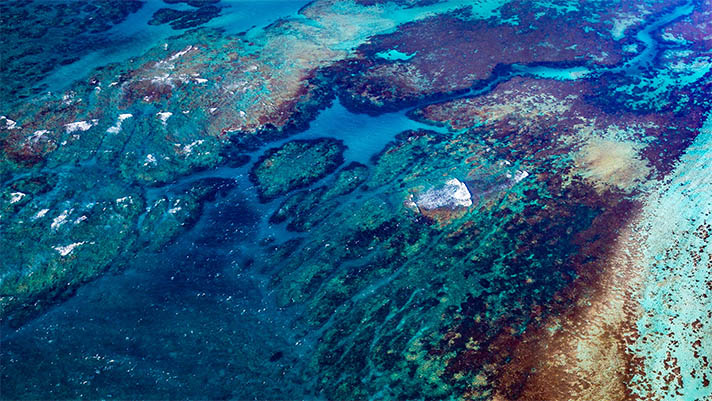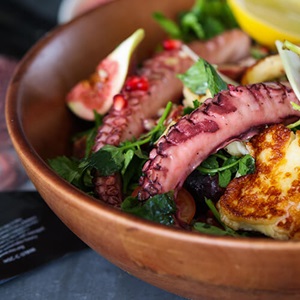Find out more about octopus, an eight-limbed mollusc with over 300 species. Find out which octopus is sustainable and where to buy sustainable octopus.
What is octopus?
Octopus is an eight-limbed mollusc with a soft body and belong to the Cephalopoda class along with squid, cuttlefish and nautiloids.
There are 300 species ranging from the tiny Octopus Wolfi (arm span of 1.5 centimetres) to the majestic Giant Pacific Octopus (arm span of 4.3 metres).
Octopus inhabit all parts of the ocean, from the shallows to the depths. Most are active hunters of prey such as crabs, prawns and other cephalopods.
Octopus has been enjoyed by coastal communities for generations – grilled, boiled, fried and dried. Demand for octopus is growing in particular in Mediterranean countries, East Asia, Northern Europe and North America.
Octopus is often marketed whole in 'flower form'. Tenderising the octopus in an industrial tumbler using sea salt and cold water allows the tentacles to be curled up into a flower shape. The octopus is then graded and frozen in flower form raw, with large octopuses packaged individually while smaller octopuses are boxed together. Octopus that is not tenderised during processing is just cleaned and then packaged in a tray as whole or just as tentacles. Both raw and cooked versions of these presentations can be found on the market.
Octopus facts
Fascinating facts about octopus include:
- Octopus are found all over the world: octopuses are found worldwide in tropical and semi-tropical waters between 0 and 200m deep
- They don't live long: octopuses live somewhere in the range of six months to five years, with males dying soon after mating and females after their sole brood of eggs hatches. Brooding usually lasts around 160 days, except in the case of one deep-sea species known to brood for four and a half years (thus making it the longest-lived octopus). Offspring go through a single larval stage.
- Highly intelligent: Octopuses are considered the most intelligent of all invertebrates. They're able to squeeze into the tightest spaces, use tools and take apart machinery. In aquariums, there have been several reported cases of an octopus making illicit forays at night to swipe fish from other tanks or even escaping back to the ocean.
- Physically advanced: An octopus has a beak, venom, ink, colour-changing, texture-changing, jet propulsion, super-strong suckers, eight arms, and a “mini-brain” in each of those arms.
- They remember a face: Octopuses recognise individual humans, and in captivity often exhibit grudges by squirting water at certain people.
- Camouflage abilities: Octopuses boast an impressive array of anti-predator defences, including the ability to almost instantaneously match the colours, patterns, and even textures of their surroundings.
- Escape artists: octopus can squeeze into impossibly small crevices and release a cloud of black ink to disorientate would-be attackers.
- They grow up quickly: octopus quickly grows up to 91cm in length and can weigh up to 10kg.
Is octopus sustainable?
There is no such thing as a sustainable species of fish. Only sustainable populations of fish. The Western Australia Octopus fishery is the world’s first to be certified in the Southern hemisphere to the Marine Stewardship Council’s global standard for a well-managed and sustainable fishery.
Western Australia octopus earns the blue fish tick for sustainability
The Western Australia octopus fishery has become the first octopus fishery in the southern hemisphere to be certified to the internationally recognised Marine Stewardship Council (MSC) standard for sustainable fishing.
Where can I buy sustainable octopus?
You'll find MSC-certified sustainable octopus products from the Fremantle Octopus and Abrolhos Octopus brands with the blue fish tick in major retailers.

Find out more about where to buy sustainable seafood.
Octopus recipes
Discover these delicious octopus recipes using Fremantle Octopus products.Learn more about octopus fishing
- Octopus fishing usually involves pods, traps, baited hooks, or in many smaller fisheries, spearing.
- The Western Australian octopus fishery fleet targets octopus (Octopus sp.), primarily using unique trigger trap technology developed in Western Australia and has less than 1% bycatch. Annual octopus catch in the fishery was 189 tonnes in 2017, and there is scope to sustainably fish towards 1,000 tonnes
- The trigger trap technology used to catch octopuses in the WA Octopus fishery tends to catch male octopuses. This may be attributed to traps being an active gear type and the tendency of males to actively hunt and look for females.
- The average age of octopus found in WA is just 1.5 years
- Females brood their eggs for around a month which helps to understand why the catch rate of male octopus is higher.
- The Western Australian Octopus is endemic to the temperate waters of Western Australia from Shark Bay to Esperance
- 12 species from Western Australian fisheries now have the MSC blue fish tick for sustainability, representing close to 90% of fisheries by value in the state.
Explore more sustainable fish to eat
Find more sustainable seafood species that are MSC certified in Australia and New Zealand.
Explore the sustainable seafood guide.

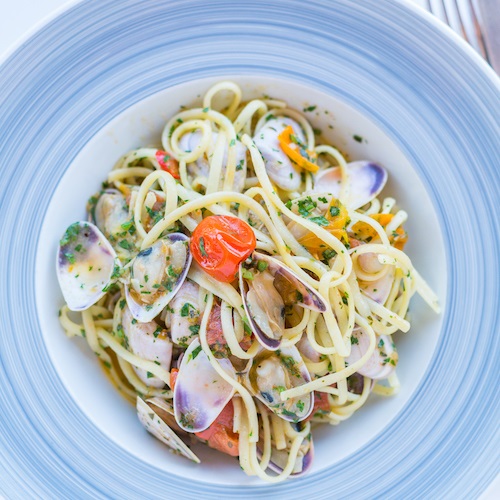
Sustainable seafood recipes
Chefs and seafood lovers from around the world share quick and tasty ways of cooking MSC certified seafood.
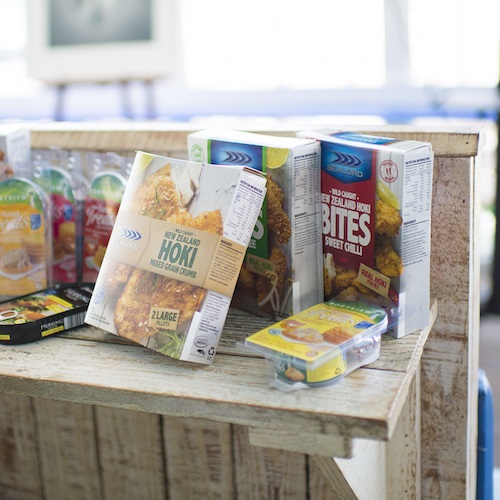
10 reasons to choose the blue fish tick
Choose seafood which helps to protect oceans, livelihoods and fish for the future.
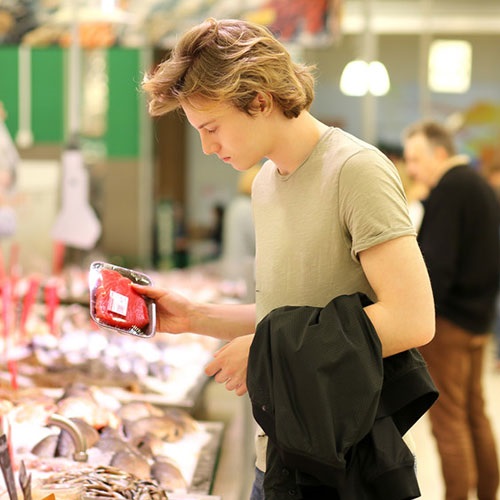
Buy sustainable seafood
Where to find the blue fish tick at supermarkets, fish shops and restaurants.

